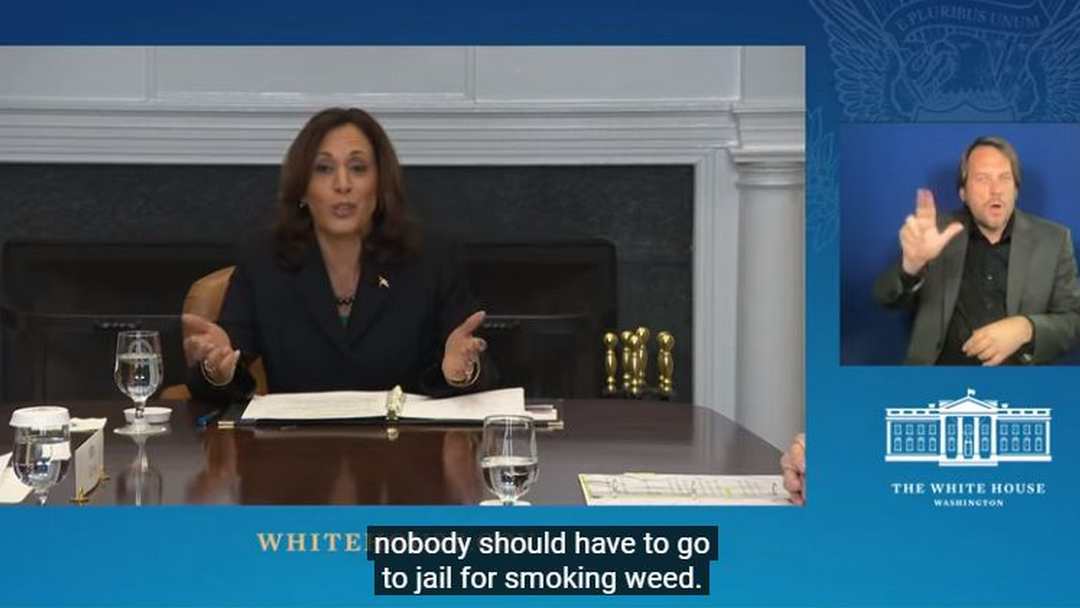Not a good ideaA woman, who was allegedly under the influence of cannabis, experienced a moment of panic while riding in a rideshare vehicle. In a concerning turn of events, she chose to abruptly exit the moving vehicle on I-96 near I-94, according to reports from...

Marijuana grow busted as feds investigations trend in more states
The DEA is investigating international criminal organizations that are operating illegal marijuana grows in about 20 states, including Maine.
The significant electricity usage in a residence, its windows concealed with cardboard, and the scent of marijuana caught the attention of law enforcement, leading them to discover an illegal cultivation operation hidden away in a remote area.
The recent discovery of a home equipped with a concealed grow operation and the subsequent seizure of approximately 40 pounds of processed marijuana serves as a prime example of a troubling trend that law enforcement authorities have been highlighting for years.
This trend involves foreign nationals taking advantage of the legalization of cannabis for recreational or medical purposes in certain U.S. states, using it as an opportunity to produce marijuana for the illicit markets within the country.
The incident symbolizes the ongoing challenges faced by authorities in combatting the illegal production and distribution of marijuana across the United States.
The Drug Enforcement Administration is actively investigating international criminal organizations that are operating illegal marijuana grows in approximately 20 states, including Maine. This information was shared by Attorney Garland Merrick Garland during his testimony before the Senate Appropriations Committee last week, in response to a question raised by Republican Senator Susan Collins of Maine.
Law enforcement officials are diligently pursuing their investigations into the individuals responsible for directing the operations, as well as the destination of the profits.































